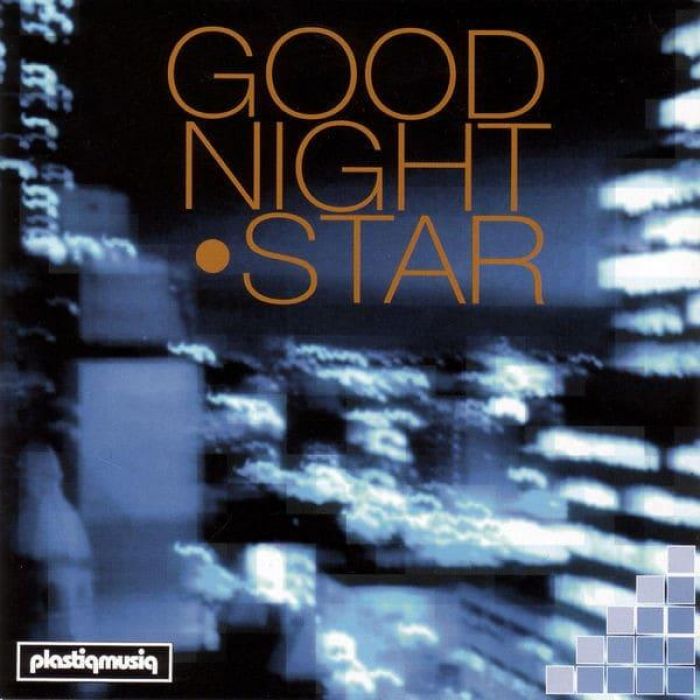Goodnight Star by Goodnight Star (Review)

I’m incredibly appreciative of Tooth & Nail’s new division, Plastiq Musiq, which was created by Ronnie Martin (Joy Electric). But the synth-pop it releases may have been a tad bit too influenced by Martin. It was somewhat evident on House of Wire’s new material, but is strongly evident on Goodnight Star’s debut. As a matter of fact, it closely resembles House of Wires and every other early ’80s discolored hairspray/synthesizer/new wave group, but with a healthy scoop of Ronnie’s moog creativity.
“Lady Love” is a blatant spin off of Joy Electric’s “Make My Life A Prayer” and almost every other song by Martin, with similar moog effects and vocals. Ronnie’s video game music signature is apparent and so are the beats and random awkward computerized sounds. Don’t get me wrong, the music is gorgeous with an unearthly relaxing feel, but it has been done before. I sense that Goodnight Star tried a bit too hard to create an album with a predetermined sound and ended up with an LP much like their influences.
From track 1, the influence is evident, with the mundane voice of Jesse Carrigan sounding like Jon Sonnenburg (House of Wires). It was no wonder I had to make sure I placed the correct CD into my stereo. The melancholy British voice commonly found in the synth-pop world is now as common as the obnoxious fake British accent found in punk rock. There is only so much vocal monotony one can take throughout an album. A fluctuation here or there or a change in pitch wouldn’t hurt.
However, I don’t mean to bash a mixture of sensations that has a calming, warm effect. My favorite track, “Goodnight Star,” shows how “retro” they are by naming a song after the album and the band. Here, they actually veer away from the Joy Electric sound and create an eerie Eurythmics/Devo feel with the song/album/band title and refresh the life of the album. And they do it again on “Everyday” with the Everything But The Girl-esque oceanic sound and wispy vocals, and with the delayed effects on Carrigan’s vocals on “Dubparty.” The final 4 or 5 tracks are more ambient and don’t seem as obviously influenced; they range from a cheesy Spandau Ballet feel to one of a darker Godzuki.
Written by Nolan Shigley.